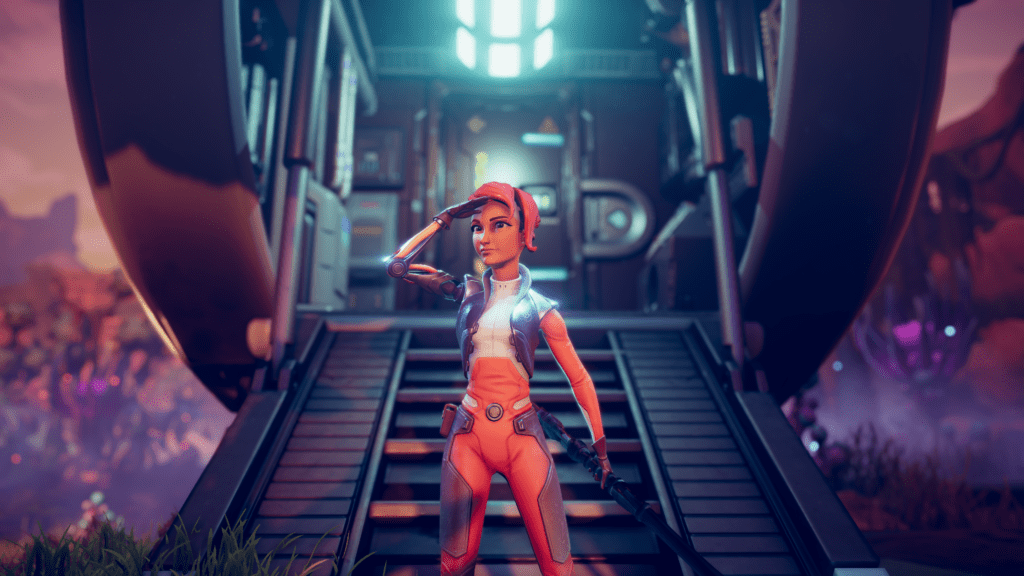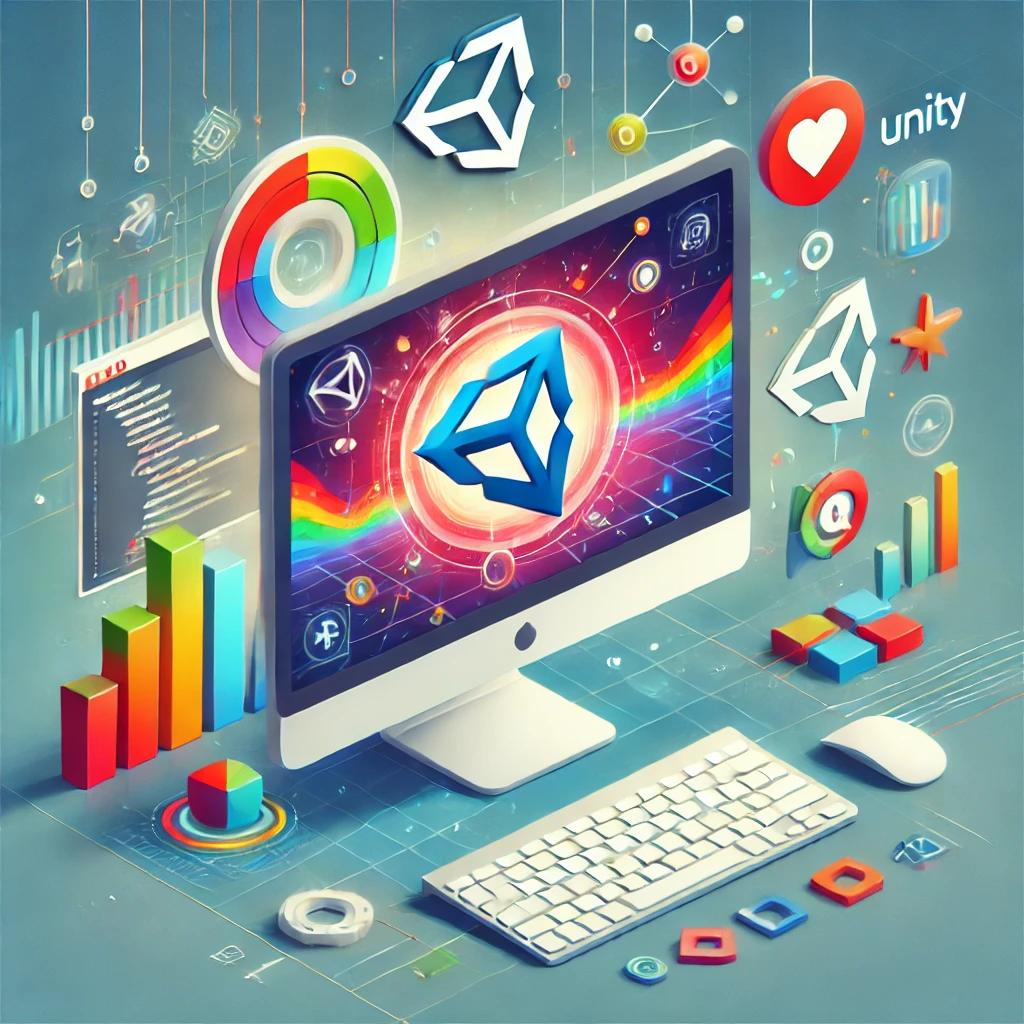Yes, you can sell a game developed in Unity! As you may already know, the world of game development is both thrilling and challenging, offering endless opportunities for creative minds to bring their ideas to life. Among the many tools available to developers, Unity stands out as one of the most popular and versatile game engines. Its user-friendly interface, robust features, and cross-platform capabilities make it a top choice for indie developers and large studios alike.
But once you’ve poured your heart and soul into creating a game, this critical question arises.
Well, you can sell a game developed in Unity, but there are a few details you must know beforehand. Today, we’ll highlight everything you need to know about selling a Unity-developed game, from understanding Unity’s licensing terms to navigating the complexities of distribution and monetization.
Whether you’re a solo developer or part of a small team, this guide will provide valuable insights to help you turn your passion into profit.
Read: How to make a game UI in Unity in 7 steps
How Unity’s licensing terms work

Before diving into the actual process of selling a game you’ve developed with the engine, it’s essential to understand Unity’s licensing model.
You see, Unity offers several plans – including a free version (Unity Personal) and paid versions (Unity Plus, Unity Pro, and Unity Enterprise). The good news is that you can sell a game developed in Unity regardless of the plan you choose. However, there are some key differences to consider based on your project’s scope and revenue.
Unity Personal is free for individuals and small teams whose revenue or funding does not exceed 100,000 in the last 12 months. While this plan allows you to sell your game, it comes with certain limitations.
For example, games created with Unity Personal must display the “Made with Unity” splash screen at startup; if your project generates more than 100,000 in revenue or funding, you’ll need to upgrade to a paid plan to remain compliant with Unity’s terms of service.
Paid plans like Unity Pro and Unity Enterprise offer additional features that can enhance your game’s development and presentation. These include advanced analytics, cloud-based collaboration tools, and the ability to remove the Unity splash screen. These plans are particularly beneficial for larger teams or developers aiming to create premium, polished games that stand out in the competitive market.
By understanding Unity’s licensing terms, you can choose the plan that best aligns with your goals and ensure a smooth journey from development to sale.
How to sell a game developed in Unity: preparing the territory

Once you’ve ensured compliance with Unity’s licensing terms, the next step is to prepare your game for sale. This involves several key tasks, including polishing the gameplay, optimizing performance, and ensuring compatibility across target platforms.
Polishing your game is crucial to creating a positive player experience. This includes fixing bugs, refining mechanics, and enhancing visuals and sound design. A well-polished game not only attracts players but also increases the likelihood of positive reviews and word-of-mouth recommendations.
Optimization is another critical aspect, especially if you’re targeting multiple platforms. Unity’s cross-platform capabilities allow you to deploy your game on PC, consoles, mobile devices, and more. However, each platform has its own technical requirements and limitations. For example, mobile games need to be lightweight and efficient to run smoothly on devices with limited hardware capabilities.
Choosing the right distribution platform
One of the most exciting aspects of selling a Unity game is choosing where to distribute it. The platform you select will depend on your target audience, the type of game you’ve developed, and your monetization strategy.
For PC games, platforms like Steam, Epic Games Store, and itch.io are popular choices. Steam, in particular, offers a massive user base and robust marketing tools, making it a go-to platform for many developers. However, it’s worth noting that Steam charges a percentage of your revenue as a distribution fee.
If you’re developing a mobile game, the Apple App Store and Google Play Store are the primary distribution channels. These platforms have their own submission guidelines and revenue-sharing models, so it’s essential to familiarize yourself with their requirements before publishing your game.
Console games require partnerships with platform holders like Sony, Microsoft, or Nintendo. These companies often have strict quality standards and approval processes, but the potential rewards can be significant, especially if your game gains traction among console players.

Monetization strategies
When considering selling a game made in Unity, it’s important to think about how you’ll monetize your creation. There are several monetization strategies to choose from – each with its own pros and cons.
The most straightforward approach is to sell your game as a premium product. This involves setting a one-time price for players to purchase and download your game. Premium games are common on platforms like Steam, where players are accustomed to paying upfront for high-quality experiences.
Alternatively, you can adopt a free-to-play model with in-app purchases or advertisements. This approach is particularly popular for mobile games, where players are more likely to engage with microtransactions. Unity offers built-in tools for integrating ads and in-app purchases, making it easier to implement these monetization methods.
Another option is to offer your game as a subscription service or through a pay-what-you-want model. Platforms like itch.io allow developers to set flexible pricing, giving players the freedom to support your work at a level they’re comfortable with.
Marketing your game
Even the most well-crafted game won’t sell itself. Effective marketing is essential to attract players and generate revenue – so start by creating a compelling trailer that showcases your game’s unique features and gameplay. Also, share your trailer on social media, gaming forums, and platforms like YouTube to build anticipation.
Building a community around your game is another powerful marketing strategy. Engage with players on social media, respond to their feedback, and provide regular updates about your development progress. A loyal fanbase can become your biggest advocates, spreading the word about your game and driving sales.

Consider reaching out to gaming influencers and content creators who can showcase your game to their audiences. Many players discover new games through streams, let’s plays, and reviews, making influencer partnerships a valuable marketing tool.
The role of professional support
While it’s entirely possible to sell a game you developed in Unity on your own, partnering with a professional game development studio can significantly enhance your chances of success. Studios like Main Leaf specialize in helping developers bring their visions to life, offering services ranging from programming and design to project management and marketing.
By collaborating with experienced professionals, you can ensure that your game meets the highest standards of quality and appeal. Whether you need assistance with polishing your gameplay, optimizing performance, or navigating the complexities of distribution, a trusted partner can provide the expertise and support you need to succeed.
And speaking of support…
From code to cash: turn your Unity game into a gaming sensation with us!
So, can you sell a game developed in Unity? The answer is a resounding yes!
With the right preparation, strategy, and support, you can turn your Unity game into a profitable venture. From understanding Unity’s licensing terms to choosing the right distribution platform and monetization strategy, every step of the process plays a crucial role in your game’s success.
If you’re ready to take your Unity game to the next level, consider partnering with Main Leaf. Our team of experts is dedicated to helping developers like you create high-quality games that captivate players worldwide. Keep yourself around here to learn more about our services and how we can help you achieve your game development goals.
And don’t forget: the journey from development to sale may be challenging, but with the right tools, knowledge, and support, your Unity game can become a standout success in the gaming universe.

